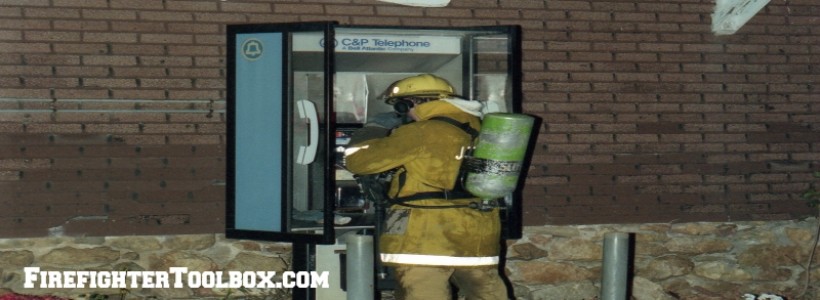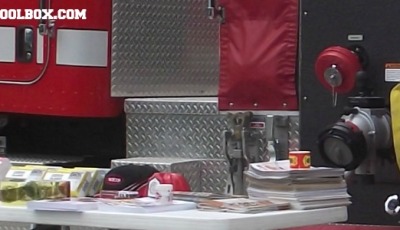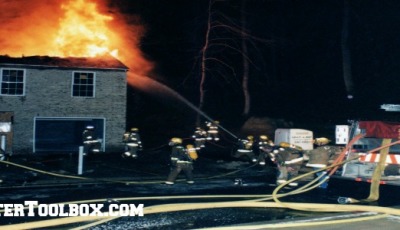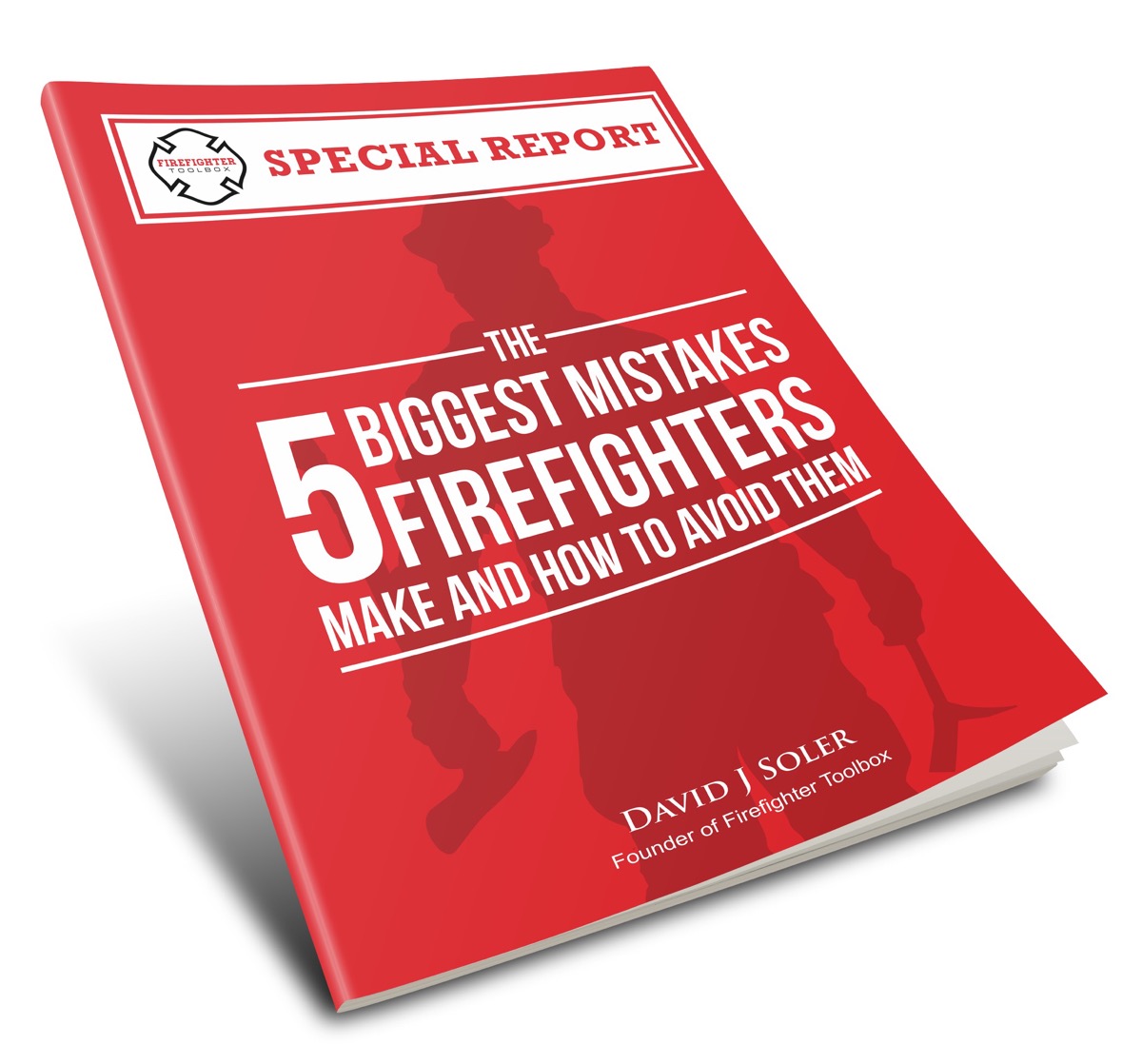How To Select A Public Information Officer – Part 2
In part 1, we discussed several items that you should consider when evaluating candidates for the role of fire department public information officer (PIO).
As you saw it isn’t easy. Let’s examine a few more considerations to help you round out a good evaluation process.
The Job
The person who steps out in front of the camera and gives the media briefs must be well versed in the job the job at hand. When the PIO is poorly versed on the job, both the media and the public will instantly shut down, the true intent of the message lost, and your organization will lose face.
You can avoid this by examining the candidate for the following:
- Does the candidate know what it means to be a firefighter?
- How long has the candidate been a firefighter?
- What type of positions, including leadership roles, has he or she held?
It is best to select someone who has experience and training in all levels of the fire service, firefighting, EMS, rescue, and special operations such as hazmat, trench, high angle, confined space, etc.
This gives the PIO the ability to speak to any given topic presented to them and react to all type of incidents in the expeditious manner expected in the social media world of today.
The Written & Spoken Word
The candidate needs to be someone who is mentally relaxed (i.e., low-key), literate, well-spoken and articulate. They must be able to formulate clear and concise thoughts in a short period of time.
Thinking “on the fly” is a key element to the job and messaging in spoken word takes a mind that is well-organized and relaxed.
The ability to put clear, concise, and well-formulated thoughts into text is another key element to getting the word out to the media. A poorly written press release or social media post with grammatical and structural errors will, like inadequate job knowledge, lessen the PIO’s credibility with both the media and the public.
Education
Consideration should be given to those candidates with a degree, preferably in the arenas of fire science, public safety, and EMS management.
Why is this important?
A degree in these fields gives the candidate a broader spectrum of understanding of his job than that of the candidate who has only field experience.
When blending both education and field experience, you have a well-rounded candidate on all levels. Remember, though, that there is no replacement for experience. You will need to balance these carefully during candidate evaluation.
These are just a few considerations to keep in mind when determining how to best select your new public information officer.
How does your current PIO fit this mold?
Photos courtesy of John Gallagher.
Check out the complete series here!
How To Select A Public Information Officer










